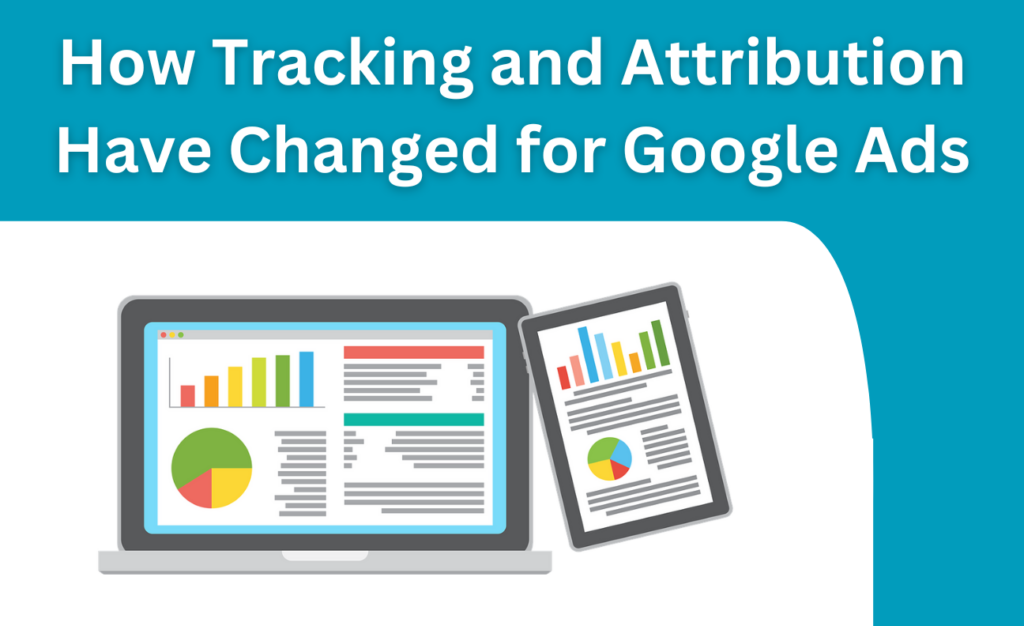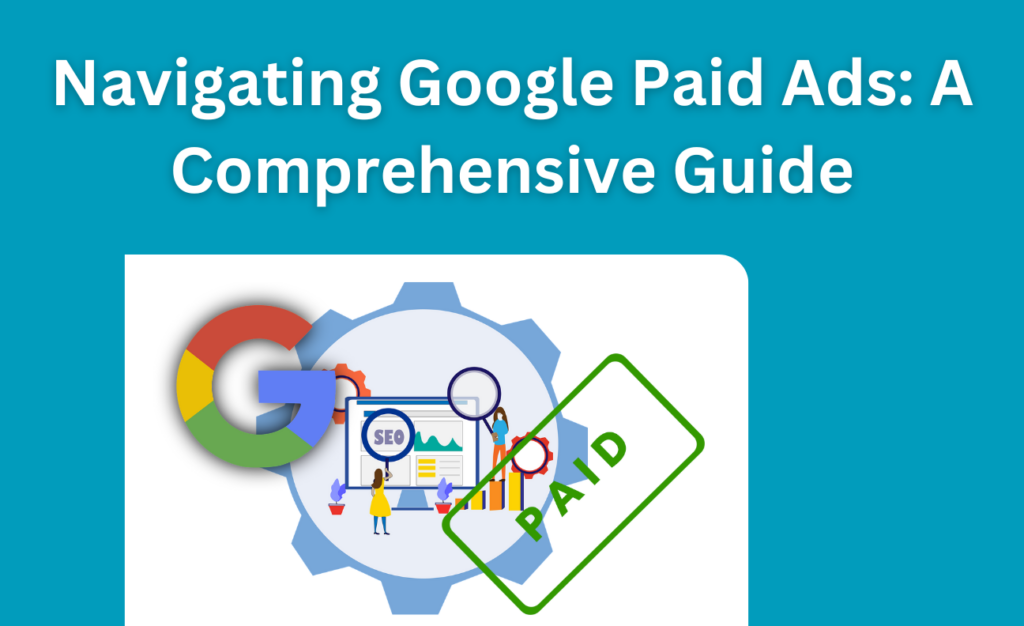Social proof is a psychological experience that happens when people think that the actions of others reflect the accurate behaviour in that exact scenario.
In other words, people who are unsure of how to act will look for responses from others to influence their decision.
As social creatures, social proof feeds off our desire to compare ourselves to others, conform to social norms and seek approval.
Initially, the internet was important for bringing consumers and their feedback together.
But now, the rise of social media platforms, like Facebook and Instagram, means we have access to social proof instantly, becoming a part of our daily lives.
Is this the right choice? Which product should I buy? Can I get a better deal somewhere else?
These are just some of the thoughts running through your audience’s mind, and if you leave these unanswered, they will either a) avoid making a buying decision or b) choose your competition.
Simply, consumers are heavily influenced by the recommendations of others, therefore social proof is extremely important if you want to boost conversion rates; social proof will help you to answer any unresolved questions, ease doubtful minds and inspire confidence that choosing YOU is the right choice.
Luckily, there are a few ways you can incorporate social proof onto your website; it’s your chance to show off your satisfied customers to your potential ones.
And, it can be used in every part of the sales funnel:
- Top: Show the need for your product or service
- Middle: Help your company stand out from the competition
- Bottom: Remove the final barrier keeping them from spending their money
That said, here are 4 types of social proof to use on your website today.
Types of Social Proof to Use on your Website
Reviews
Reviews are generally not that long: they simply show the description of a consumer’s experience with a given product or service.
Typically, there will be a rating feature partnered with this tool.
But some companies will message their customers via email marketing automation campaigns, asking for feedback on their experience with the products and services of the company.
Through microformatting and the right implementation of strategies, this can help to get customer reviews to be featured in search engines, like Google.
Testimonials
Think of testimonials as reviews’ cousins, and they can help to increase conversion rates by 34%.
Simply, customer quote testimonials help your potential buyers to see exactly how beneficial your solution is.
However, to take this to the next level, you can help build confidence with video testimonials, where existing customers talk about the success they’ve had after using your solution.
Although both types of testimonials have similar effects, 42% of people claim videos are effective because they feature real people; viewers are better able to understand their stories and relate with them.
Case Studies
Case studies are the next step after reviews and testimonials as they dig deeper into a customer’s story, rather than it being user-generated.
From facts and figures to photos and videos, you can highlight how your product or service has helped previous customers to overcome their challenges and pain points.
And, case studies are perceived as the most authentic type of social proof because customers believe in-depth reviews are far more trustworthy than brief snippets.
Through real data, case studies are an effective choice for businesses selling a complex, or expensive, product or service – especially if you’re dealing with B2B.
Trust Icons + Badges
As online fraud rises, it’s not hard to understand why consumers are weary about entering card details online and giving their money to a brand they don’t know.
Basically, it’s important for consumers to feel safe, and many trust icons are associated with SSL – without getting too technical, it creates a secure connection for sensitive information to be transmitted.
In fact, a study found that showing trust icons on a website can increase conversion rates as much as 30%
Moreover, using trust icons on a checkout page, for example, helps to convince potential customers that the process is safe and secure.
Plus, if your business has been awarded with certifications or accreditations from reputable industry bodies, you should very proudly display these on your website.
By incorporating these, people will know that they are in good hands; your company is trustworthy, respected and follows best practices.
The Final Say
If you incorporate some of the above types of social proof on your website, this will help to continue building all-important trust with your audience, eliminate any barriers and therefore convert a higher number of web traffic into buyers.
However, it’s important to remember: it’s all about balance.
Whilst using social proof is important, you don’t want to fill up your entire website with too much of it, otherwise this will come across as spammy and thus the opposite of what you’re trying to achieve.
In the meantime, take a look at our Web Design services to see how we can help.










